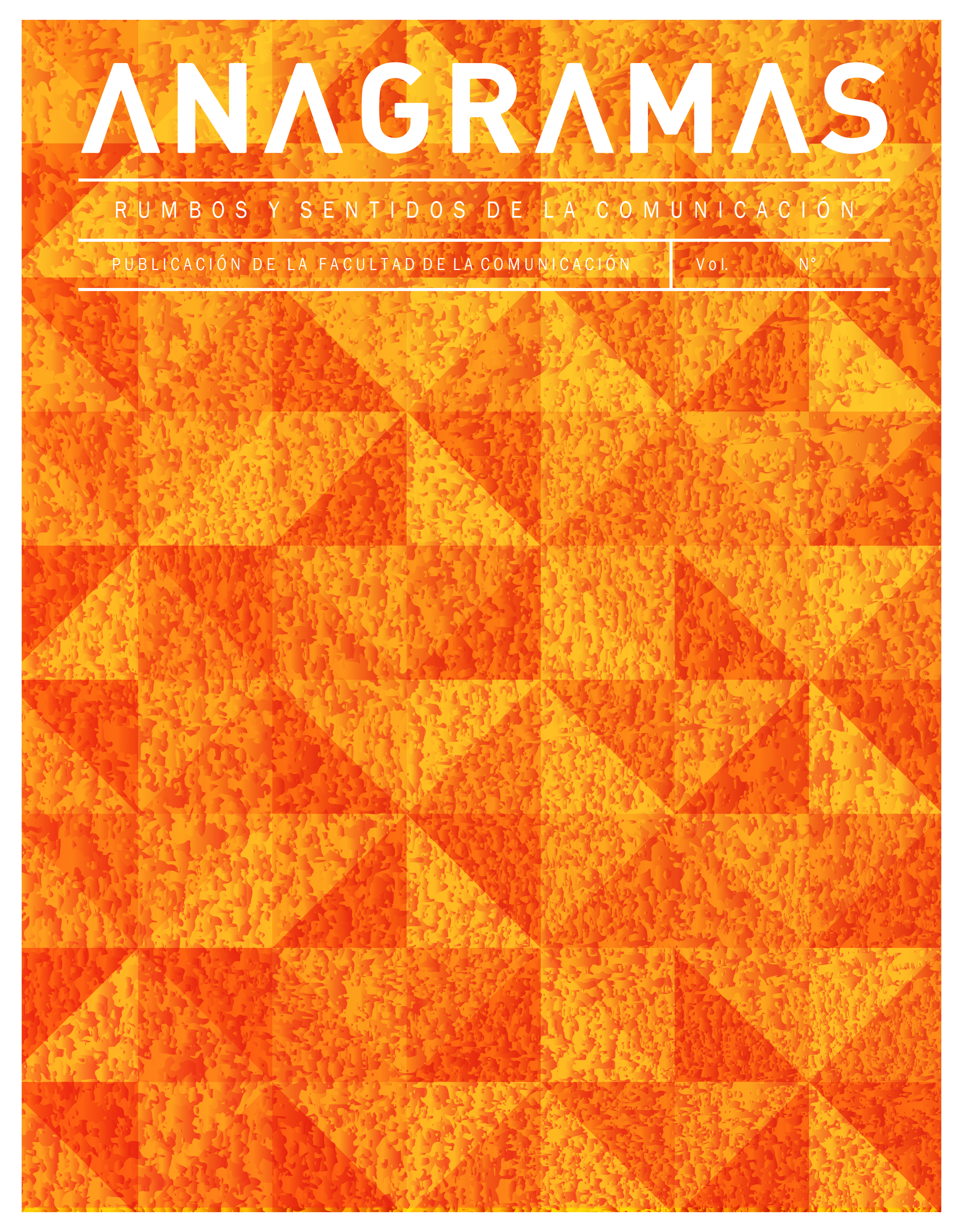An Analysis of Changes in Political Collectives’ Imaginaries in the City of Bogotá (Colombia)
Main Article Content
Abstract
This article addresses the fundamental structures of imagination in political collectives in the city of Bogotá, understood as a process of rationalizing power and institutional teaching. Objective: to analyze the changes in the political imagination of youth collectives to understand their value attribution in relation to their country’s social reality. Justification: the importance of imagination is highlighted, as it influences the products, relationships, symbols, and aesthetics constructed within the culture, which are part of the meaning given to the social fabric. Methodology: it is a hermeneutic-phenomenological research based on content analysis, carrying out a geo referential tracing of the collectives in the city of Bogotá, followed by in-depth semi-structured interviews. Results: the identified trend in the imagination of political collectives moves within the dialectical dynamic of instituted imagination and instituting imagination, based on two core thoughts: domination and resistance. Conclusions: the imagination of political collectives is conditioned by the subject's instinctual imperatives, in which subjective representations are explained as a response to the objective environment. In this case, the coercive and repressive measures deployed by the State order generate imaginaries of resistance.
Article Details
References
Braithwaite, J. (2000). Estándares para la justicia restaurativa. Ponencia presentada en las Reuniones Auxiliares del Décimo Congreso de las Naciones Unidas sobre la Prevención del Delito y el Tratamiento de los Delincuentes. Viena, Austria.
Castoriadis, C. (1989). La institución imaginaria de la sociedad/1. Tusquets. Barcelona.
Comte, A. (1854). El apéndice general del sistema de política positiva. París: París.
Deleuze, G. (1990). Post-scriptum sobre las Sociedades de Control. En Conversaciones. Valencia: Pre-Textos, pp. 277-286.
Deleuze, G. (1999). Spinoza y el problema de la expresión. Barcelona: Muchnik Editores.
Esposito, R. (2006). Bios: Biopolítica y Filosofía. Buenos Aires: Amorrortu.
Foucault, M. (1998). Historia de la Sexualidad. Vol. 1: La Voluntad de Saber. México: Siglo XXI.
Foucault, M. (2007). Nacimiento de la Biopolítica. Curso en el Colegio de Francia (1978-1979). Buenos Aires: Fondo de Cultura Económica.
Foucault, M. (2002). Vigilar y castigar: nacimiento de la prisión. México: Siglo Veintiuno.
Foucault, M. (2005). Un diálogo sobre el poder y otras conversaciones. Madrid: Alianza Materiales.
Ginsberg, M. (1961). El concepto de evolución en Sociología, en Ensayos de Sociología y Filosofía Social, Madrid, Editorial Aguilar.
González Rey, F. (2004). O social na psicología e a psicología social. A emergencia do sujeito. Río de Janeiro: Voces.
Hardt, M. & Negri, A. (2002). Imperio. Barcelona: Paidós.
IDPAC (2022). Documento Técnico de Soporte. Observatorio de la Participación Ciudadana. Alcaldía Mayor de Bogotá.
Martínez, M. (1996). Investigación cualitativa. El comportamiento humano. (2ª ed.). México: Trillas.
Marx, G. (1988). Undercover. Police Surveillance in America. Berkeley: University of California Press.
Mathiesen, T. (1997). The Viewer Society: Michel Foucault’s Panopticon Revisited. Theoretical Criminology, 1(2): 215-234.
Spencer, H. (1867). Creación y Evolución. Ed. Publicaciones de la Escuela Moderna, 1916, Buenos Aires.






